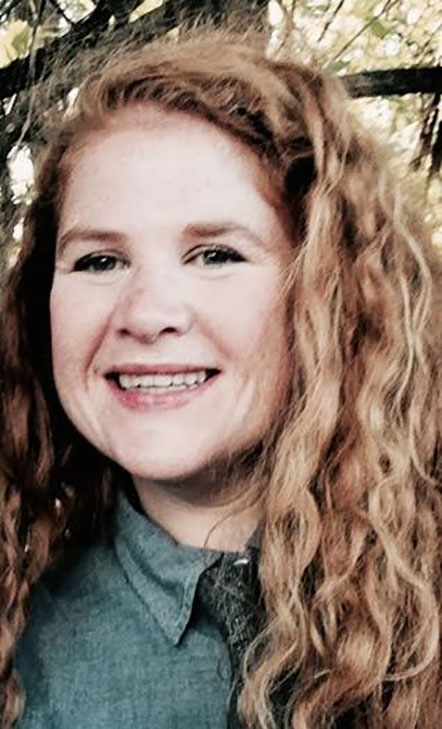When Ashlee Fujawa, BAJ’04, MA’06, was a student at IU, her friend’s cousin, Molly Dattilo, went missing in Indianapolis. The case remains unsolved today.
What previously was a shared interest in true crime between the friends became a shared purpose.
Fujawa now serves as the head of community at Uncovered, an organization she co-founded with that friend, Anna Eaglin, BA’06, MS’11, and Jim Brown, BAJ’11. Uncovered combines data, analytics and community efforts to help solve the cold cases of murdered and missing people.
“That was something that kind of stuck with us. These are real stories,” Fujawa said. “These are real people.”
Those stories include those both notorious and undercovered. Two IU students — Lauren Spierer, who disappeared in 2011 after a night out in Bloomington with friends, and Joseph Smedley, who was found dead in Griffy Lake in 2015 — are among the 84 cases currently profiled on the site.
Fujawa and her two co-founders wanted to turn their professional skills — rooted in business, technology and communications backgrounds — into advocacy.
“It was about finding a way to turn people’s interests into advocacy, so finding a way to make it easier for people to consume accurate, up-to-date information on cases in one location,” she said.
As a former teacher, she said, knowing that people consume information in different ways was key. Rather than focusing on a single avenue, like longform journalism or a podcast series, Uncovered compiles all the available information — including photos, maps, data points and articles — of unsolved cases to help crowdsource the gaps.
There’s a distinct need for this kind of database, Fujawa said, because there are more than 200,000 unsolved cases. That number grows by about 6,000 each year, according to the U.S. Department of Justice’s Office of Justice Programs.
“Infusing data and tech into a genre and laying in empathy and victim-first focus is something we think can truly be a gamechanger here,” Fujawa said.
The community aspect of Uncovered activates citizen detectives, civilians with a knack for or interest in unsolved cases research. Content creators, researchers and organizers connect with experts and family members to forge progress on the cases.
Digital literacy and leading with empathy are paramount to the process, Fujawa said, and one of the main goals of the organization is inclusion.
“So not only that everyone feels like they have a part when they come to our platform, that there’s a community of like-minded people here that they feel they can make an impact and that their skills are helpful, but the cases are also really important to us,” she said. “So often cases that involve people of color, Indigenous women, LGBTQ+ people, sex workers, they don’t get proper representation in the media, the community and the justice system, so this is an opportunity for us to elevate those cases that people don’t traditionally hear about when they’re maybe consuming true crime and partner that with distinct calls to action so we can be helpful.”
Fujawa’s favorite part of her work is being able to collaborate with others who have shared interests.
“At my core, I feel like I’m a connector, so this truly embodies what I’m interested in,” Fujawa said.


